Stay in historic paradores and pousadas as you make your way from Lisbon to Madrid, exploring cities brimming with history and contemporary culture, ancient Roman sites, and the Moorish strongholds and whitewashed hill towns of Andalusia.
Treasures of Southern Spain and Portugal
Featuring Historic Paradores and Pousadas
15 days from $6,274 | includes airfare, taxes and all fees
Stay in historic paradores and pousadas as you make your way from Lisbon to Madrid, exploring cities brimming with history and contemporary culture, ancient Roman sites, and the Moorish strongholds and whitewashed hill towns of Andalusia.
Tour Details
TOUR BROCHURE
brochureWHAT OUR TRAVELERS SAY
- Joyce M.Portugal and Southern Spain are not to be missed by Smithsonian Journey's travelers. This is a bucket list trip that will encourage you to visit these lovely countries. The tour director is fabulous and goes above and beyond to make the trip so special.
JOURNEYS DISPATCHES
Experts
/https://tf-cmsv2-journeys-media.s3.amazonaws.com/journeys/expert/Sanchez-Acevedo_ana.jpg)
Ana Sánchez Acevedo
Ana Sánchez Acevedo holds a PhD. in History, Literature and Power from the University of Seville (2012), where she teaches Contemporary Literature, Creative Writing and Theatre History, as part of the the Department of Spanish and Latin American Literature. The main focus of her current research concerns the links between theatricality, corporeality, ethics, and politics in contemporary Iberian and Latin American theater practitioners, circuits, and discourses. After earning her BA (Licenciatura) in Hispanic Philology, she conducted doctoral research abroad, first at the University of Buenos Aires in Argentina (2009), later at the University of Paris-IV Sorbonne in France (2010). Simultaneously, she strengthened her interdisciplinary background with a MA in Performing Arts (University of Seville, 2010) and a MS in Library Science and Documentary Heritage (REPSOL Fellow, Carlos III University / Spanish National Library, Madrid, 2012). In 2015, she was awarded a 5-year competitive fellowship for research and teaching at the City University of New York (2015-2020), where she also obtained a MPhil in Latin American, Iberian, and Latino Cultures (2019). She has published and presented several peer-reviewed articles, book chapters, and papers related to the scope of her scholarly interests. Her publications have appeared in the Bulletin of Spanish Studies, Cuadernos del CILHA, Arizona Journal of Hispanic Cultural Studies, Primer acto, Boletín CETYCLI, Les Ateliers du SAL, Philologia Hispalensis, and Tonos digital, among others. Her last book project, Anatomical Theaters: Contemporary Vanitas and Dramaturgies of Crisis, explores sensibilities, temporalities, and corporealities of crisis in Peninsular and Latin American theatrical works, understood as contemporary reenactments of vanitas imagery. In addition to her research and teaching activities, since 2020 she has been developing her own theatrical projects with the company Teatro Anatómico, based in Seville.
/https://tf-cmsv2-journeys-media.s3.amazonaws.com/journeys/expert/Ferraro_Joanne_2024.jpg)
Joanne Ferraro
Joanne Ferraro (PhD UCLA) is the Albert W. Johnson Distinguished Professor of History Emerita at San Diego State University. Her courses included the ancient Greek and Roman world as well as medieval, Renaissance, and early modern Europe. Her latest book, The Renaissance and the Wider World (Bloomsbury Academic, January 2024) draws attention to the cross-cultural connections of the Mediterranean region, stretching from Portugal and Spain to the Middle East, in an era of profound importance and renowned cultural achievement. Joanne has also published books with Cambridge, Oxford, and Johns Hopkins University presses with the support of the National Endowment for the Humanities, the American Council of Learned Societies, and the Gladys Krieble Delmas Foundation. She is the General Editor for Bloomsbury Academic’s six- volume Cultural History of Marriage from Antiquity to the Present (2020). Joanne has lectured for Smithsonian Journeys for the past decade, has lived and traveled in Europe for extensive periods, and is an enthusiast of the continent’s rich history and culture.
Barbara Whitehead
Barbara J. Whitehead is the A. W. Crandall Professor of History at DePauw University and former Chair of the History Department. She earned her AB in History at Harvard University and her PhD in History from Bryn Mawr College. This educational background fostered a love of early modern Europe that has been the focus of her teaching and writing for over thirty years. At DePauw, Barbara has developed a broad spectrum of courses centered on European history ranging from the Viking Age and Crusades to the European witch hunts, the French Revolution, and the history of happiness. Her research in intellectual history has led to an edited volume on early modern women’s education and publications on forgotten figures of the eighteenth-century Enlightenment. In addition to leading over fifteen academic tours of Europe, Barbara has served as the on-site director of the American Colleges of the Midwest Central European Studies Program in the Czech Republic, where she taught European history. She also taught in the Danish International Studies Program in Copenhagen as a visiting professor. In addition to living in the Czech Republic and Denmark, Barbara has also lived in Rome and Paris.
/https://tf-cmsv2-journeys-media.s3.amazonaws.com/journeys/expert/Crowley_Roger.jpg)
Roger Crowley
Roger Crowley is a UK-based writer and historian and a graduate of Cambridge University. As the child of a naval family, his fascination with the Mediterranean world and its surrounding area started early, on the island of Malta. He has lived in Istanbul, walked across much of western Turkey, and travelled throughout the region over many years – from Spain and Portugal to the Black Sea. His particular interests are the Portuguese, Byzantine, Venetian, and Ottoman empires, seafaring, and eyewitness history. He has lectured to a wide range of audiences and groups of travellers, talked on TV and Radio and written for many different publications, including Smithsonian Journeys Travel Quarterly about Venice. He is the author of five much acclaimed books: 1453: The Holy War for Constantinople, Empires of the Sea, City of Fortune: How Venice Ruled the Seas, Conquerors: How Portugal Forged the First Global Empire and most recently The Accursed Tower: The Fall of Acre and the End of the Crusades.
/https://tf-cmsv2-journeys-media.s3.amazonaws.com/journeys/expert/Konz-Dianne.jpg)
Dianne Konz
Since 1992, Dianne Konz has led several Smithsonian Journeys groups to Spain and Portugal. She has taught Spanish literature, language, and civilization at the University of Texas at Austin and at The George Washington University. She has also lectured and published studies on Spanish and Latin American literature, and Spanish culture. Dianne's enthusiasm for Iberia grew from her experiences living and studying in Madrid. Her particular passion is the integration of the cultural arts in the context of their time. She approaches art and architecture, literature, music, and gastronomy as a reflection of a country's history, politics, and geography. Dianne's teachings of Spanish history and civilization include the Moorish and Islamic periods invasion, conquest, and occupation of Iberia, and the rich cultural heritage of the Islamic presence in Iberia.
/https://tf-cmsv2-journeys-media.s3.amazonaws.com/journeys/expert/Janet.jpg)
Janet Duncan Jones
Janet Duncan Jones, Professor Emerita of Classics and Ancient Mediterranean Studies at Bucknell University, is an archaeologist with over 40 years‘ experience in the field. She has participated in excavation projects in Turkey, Greece, Tunisia, and Jordan. Her experience as a glassblower out of college ignited a career long research interest in preindustrial technologies and the lives of early craft workers. While living in villages in the Middle East she became interested in the impacts of preindustrial technologies on the ancient environment and the evolution of cultural landscapes. Her publications include studies of the ancient glass from sites in Turkey and Jordan, and synthetic considerations of the landscape of ancient ruins and of the messages and impacts of ancient mega-engineering projects. Recently she has focused her work on the impact of the Moors in southern Spain on urbanism, architecture, technology, and intellectual history.
Janet has lived in Turkey and Greece, and has traveled widely with an eye toward the messages that landscapes send us about the values and concerns of past peoples. She holds degrees from the College of William and Mary and from the University of North Carolina at Chapel Hill where she also acquired a devotion to ACC basketball. She lives in the mountains of central Pennsylvania with her geographer husband and hounds descended from those she originally imported from the Euphrates Valley in southeastern Turkey.
/https://tf-cmsv2-journeys-media.s3.amazonaws.com/journeys/expert/Campbell-250.jpg)
Jodi Campbell
Jodi Campbell, professor of European history at Texas Christian University, has spent at least part of each year in Spain since studying there as a Fulbright scholar in 1996. She has walked across several hundred miles of Spain, following the medieval pilgrimage trail to Santiago. As a historian, she is interested in how ordinary people in the past understood and maintained their relationships and communities, and how we in the present choose to tell stories about the past. She has published several books and articles on Spanish history and culture, including At the First Table: Food and Social Identity in Early Modern Spain. Jodi received her Ph.D. from the University of Minnesota and teaches courses on the history and culture of Spain and Europe.
/https://tf-cmsv2-journeys-media.s3.amazonaws.com/journeys/expert/Clancy_Stephen.jpg)
Stephen Clancy
Stephen Clancy is an art and architectural historian with special expertise in ancient, medieval, and Renaissance art and architecture. A popular Smithsonian Journeys Expert, he has led more than 20 tours and cruises through the Mediterranean region and northern Europe.
Stephen Clancy recently retired as Professor of Art History at Ithaca College in Ithaca, New York, where he taught for twenty-seven years. After receiving his Ph.D from Cornell University, Stephen taught the history of Ancient, Medieval, and Renaissance art and architecture, as well as courses on visual persuasion and the rhetoric of art. His research career began with a focus on fifteenth-century French and Flemish illuminated manuscripts, specifically with works connected to the artists Jean Fouquet (about whom he has written a book, a book chapter, and several articles) and Simon Marmion (for which he received a 1995-96 Fulbright Scholarship in Brussels, Belgium). In addition he gave conference presentations on the role of ivory carvings within the political and economic spheres of the Byzantine empire.
Stephen also received grants from the Hewlett and Keck foundations in support of a project that investigated how technology can open up new avenues for understanding the architecture of the distant past. This culminated in his work with a team of students and faculty from the University of Melbourne in Australia on an interactive web-based undertaking entitled “Virtual Chartres Cathedral.”
In an effort to create a more inclusive curriculum, Stephen traveled to a number of medieval Jewish cultural sites in Spain, Germany, and France, where the past is being revived and reinvented in interesting and sometimes controversial ways. Out of this research he developed a course entitled “Jewish Imagery and Images of Jews.”
More recently Stephen refocused his work on interactions during the Middle Ages between Muslims, Jews, and Christians in the Mediterranean basin. He was a Visiting Fellow at the Australia National University in Canberra, investigating the roles that images play in shaping cultural identity, in a project entitled “Visualizing the Self and Others: Muslims, Jews, and Christians in Medieval Iberia.”
The academic pursuit he has enjoyed above all others is teaching and sharing his knowledge of art and architecture. He has served as a lecturer on numerous tours over the past twenty-seven years in the Mediterranean from Turkey to Spain, and in northern Europe from Scandinavia to Russia.
/https://tf-cmsv2-journeys-media.s3.amazonaws.com/journeys/expert/chacon-rafael)
Rafael Chacón
Hipólito Rafael Chacón is Bruce and Suzanne Crocker Director of the Montana Museum of Art and Culture and Professor of Art History and Criticism at the University of Montana-Missoula where he lectures on a broad range of art historical subjects. He received his Ph.D. in art history with honors from the University of Chicago, having been awarded numerous research fellowships to study in Europe and the Mediterranean basin, including an award from the Spanish Ministry of Culture for his dissertation on Michelangelism in renaissance art. He has written on a range of topics related to renaissance and baroque art, both in Europe and in the Americas, most recently focusing on revival style architecture in the U.S. during the late 19th century. He has also been awarded the top national and international prizes for his research in the field of vexillology or flag studies. Rafael has been an expert for many Smithsonian Journeys programs in Cuba, Egypt, Europe, and Russia. He has twice walked the Camino de Santiago, the ancient pilgrimage route across France and Spain.

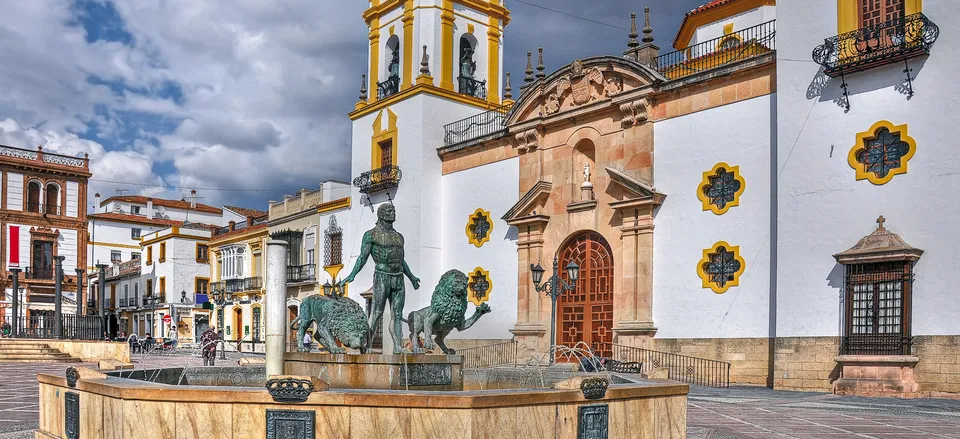
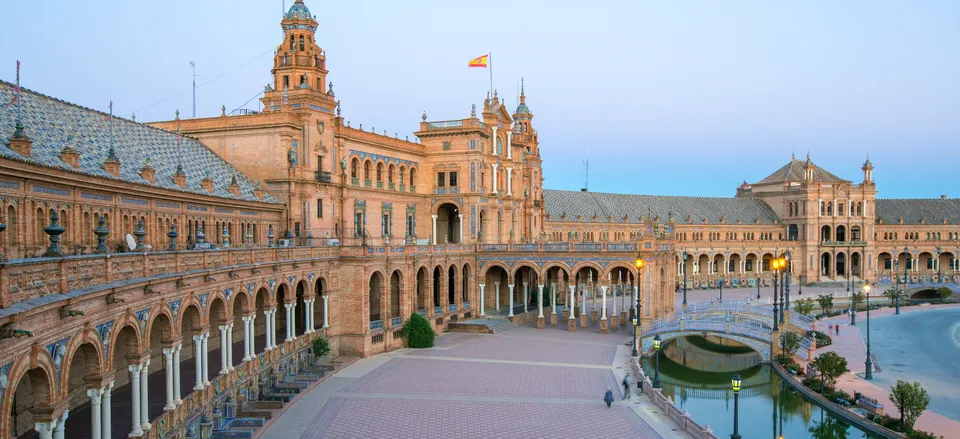
/https://tf-cmsv2-journeys-media.s3.amazonaws.com/filer/e2/e2/e2e27c6c-e360-49ed-a553-46687525299b/prt_lisbon_belem_dt_l_89793467.jpg)
/https://tf-cmsv2-journeys-media.s3.amazonaws.com/filer/e7/25/e7252838-1657-4b65-8820-f80e9eb40fde/prt_lisbon_monumentdiscoveries_ist_616114994.jpg)
/https://tf-cmsv2-journeys-media.s3.amazonaws.com/filer/b9/b2/b9b24fc7-0538-4c13-8e61-7e15ce30532d/prt_jeronimos_interior_ss_08.jpg)
/https://tf-cmsv2-journeys-media.s3.amazonaws.com/filer/a0/6e/a06ed64e-55cb-4046-81e2-3f25ff51ece5/spa_merida_romanruins_dt_711402.jpg)
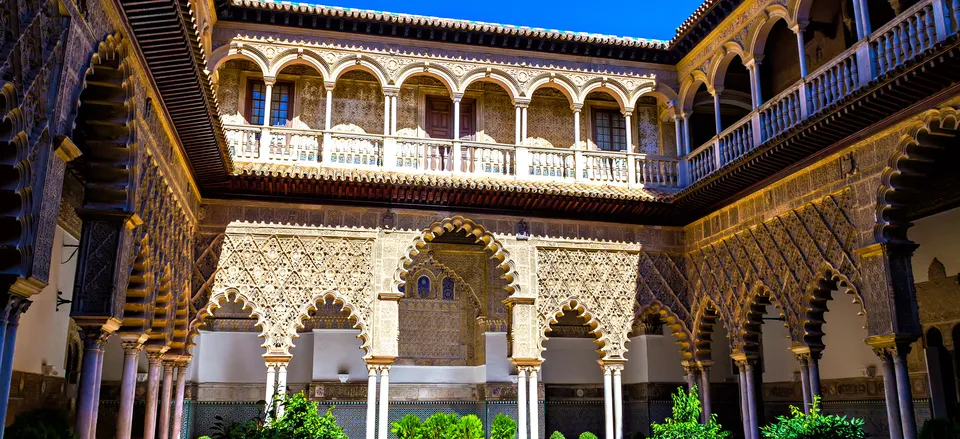
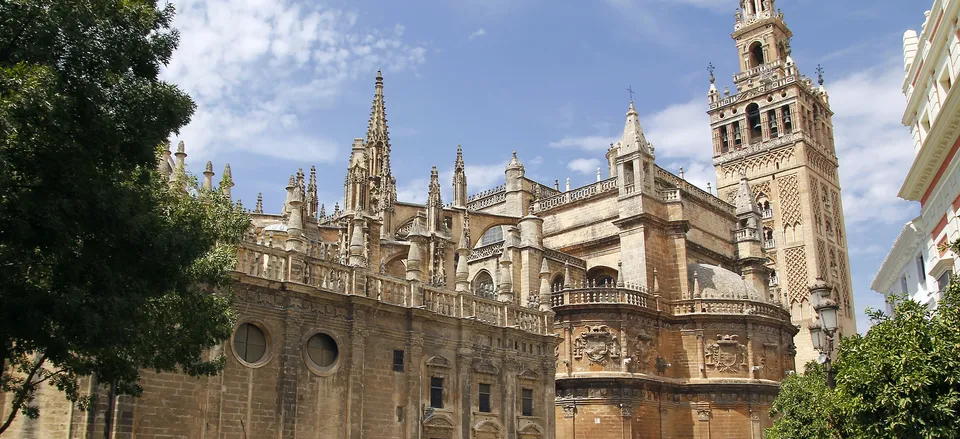
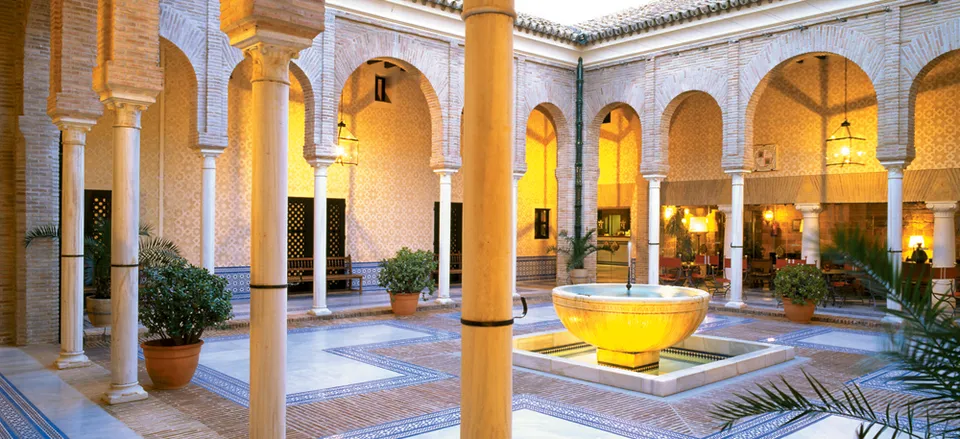
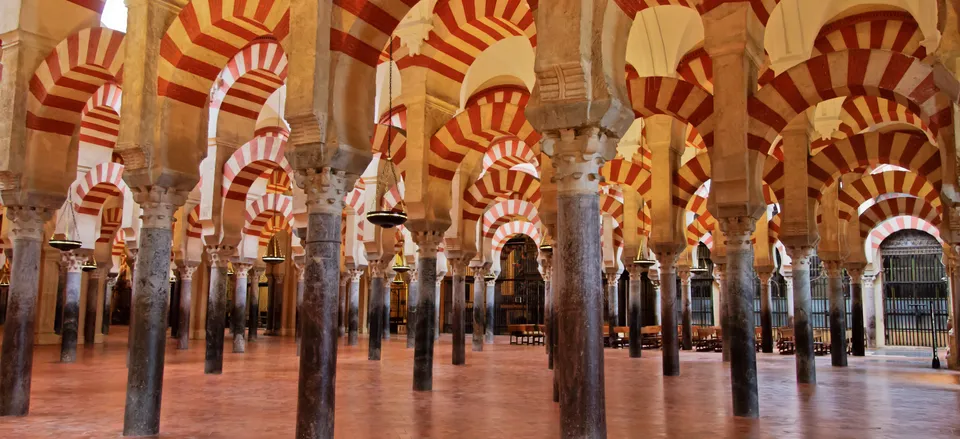
/https://tf-cmsv2-journeys-media.s3.amazonaws.com/filer/62/3a/623a3ea4-e53b-44a8-b5de-e22d3d98e93e/spa_granada_alhambra_generalife_dt_l_15345889.jpg)
/https://tf-cmsv2-journeys-media.s3.amazonaws.com/filer/dd/e6/dde6e847-f705-4deb-82e4-1e8a2971ef48/spa_granada_alhambra_ist_000042044468_large_for-web.jpg)
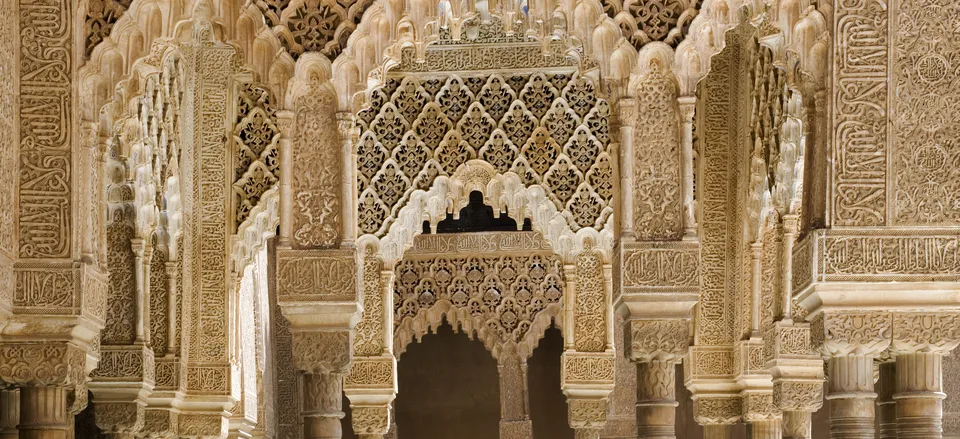
/https://tf-cmsv2-journeys-media.s3.amazonaws.com/filer/08/af/08afde6e-fb7a-488b-86f7-1df2768f6c48/spa_granada_alhambra_generalife_dt_m_160548296.jpg)
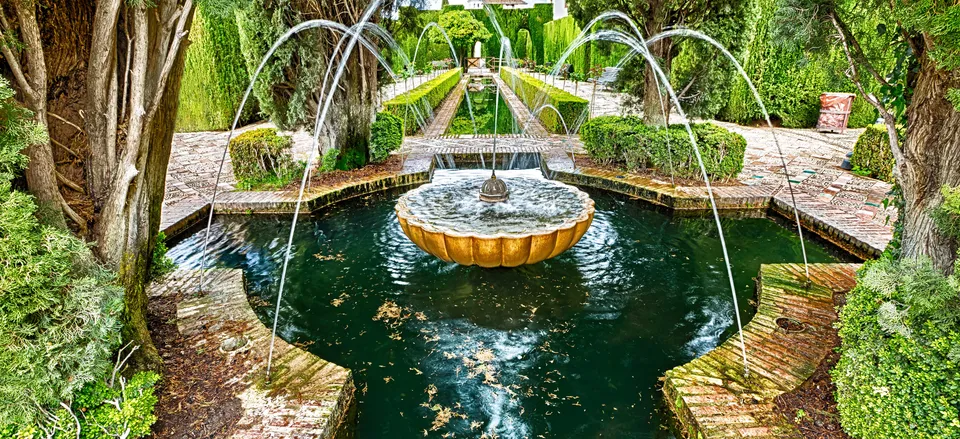
/https://tf-cmsv2-journeys-media.s3.amazonaws.com/filer/00/10/001075e7-86fd-43cb-bb95-3445f6f50b4c/spa_toledo_landscape_dt_l_28356333.jpg)
/https://tf-cmsv2-journeys-media.s3.amazonaws.com/filer/6b/32/6b32d436-77de-4af4-8cdc-edc4ff467424/spa_madrid_plazamayor_dtl_22261936.jpg)
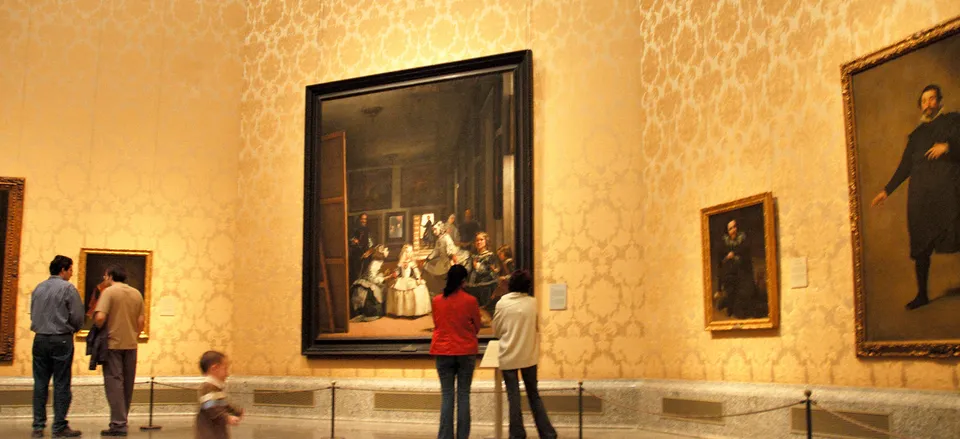
/https://tf-cmsv2-journeys-media.s3.amazonaws.com/filer/35/17/35173bdf-d19c-4411-b2a8-b59ed79ea0c6/spa_madrid_tapasbar_alrm_exp9-19-19_peterhorree_bk6bt8.jpg)
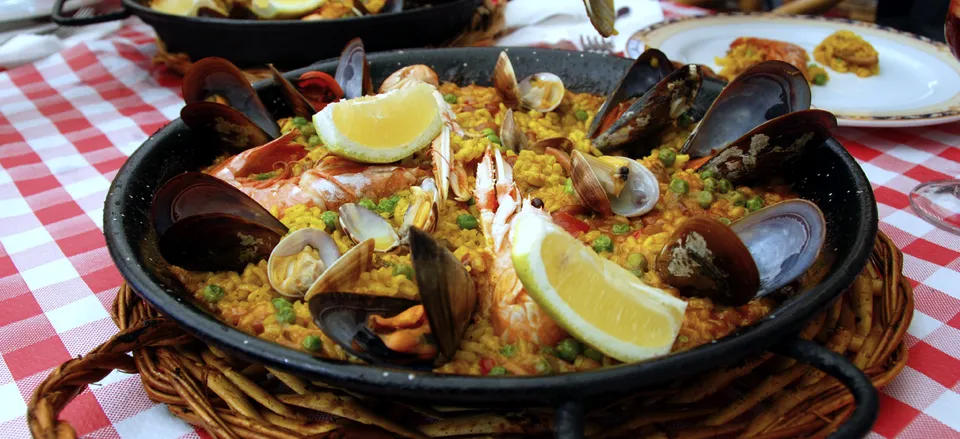
/https://tf-cmsv2-journeys-media.s3.amazonaws.com/filer/a4/dd/a4dd9ee6-3d9a-463c-8d6c-e76d75f5f43b/spa_tapas_dtl15985060.jpg)
/https://tf-cmsv2-journeys-media.s3.amazonaws.com/filer/78/56/7856bf37-01df-4796-ba78-230e23dbfda6/spa_marbella_ahi_shs_473238115.jpg)
:focal(1375x773:1376x774)/https://tf-cmsv2-journeys-media.s3.amazonaws.com/filer/e2/e2/e2e27c6c-e360-49ed-a553-46687525299b/prt_lisbon_belem_dt_l_89793467.jpg)
/https://tf-cmsv2-journeys-media.s3.amazonaws.com/filer/51/5b/515b2936-726d-4fff-9a9a-dc35475d8758/prt_fado_guitar_dt_5838385.jpg)
/https://tf-cmsv2-journeys-media.s3.amazonaws.com/filer/d4/db/d4db28f3-be51-4ce6-95f8-6bd47f4b4627/prt_porto_douro_river_dt.jpg)